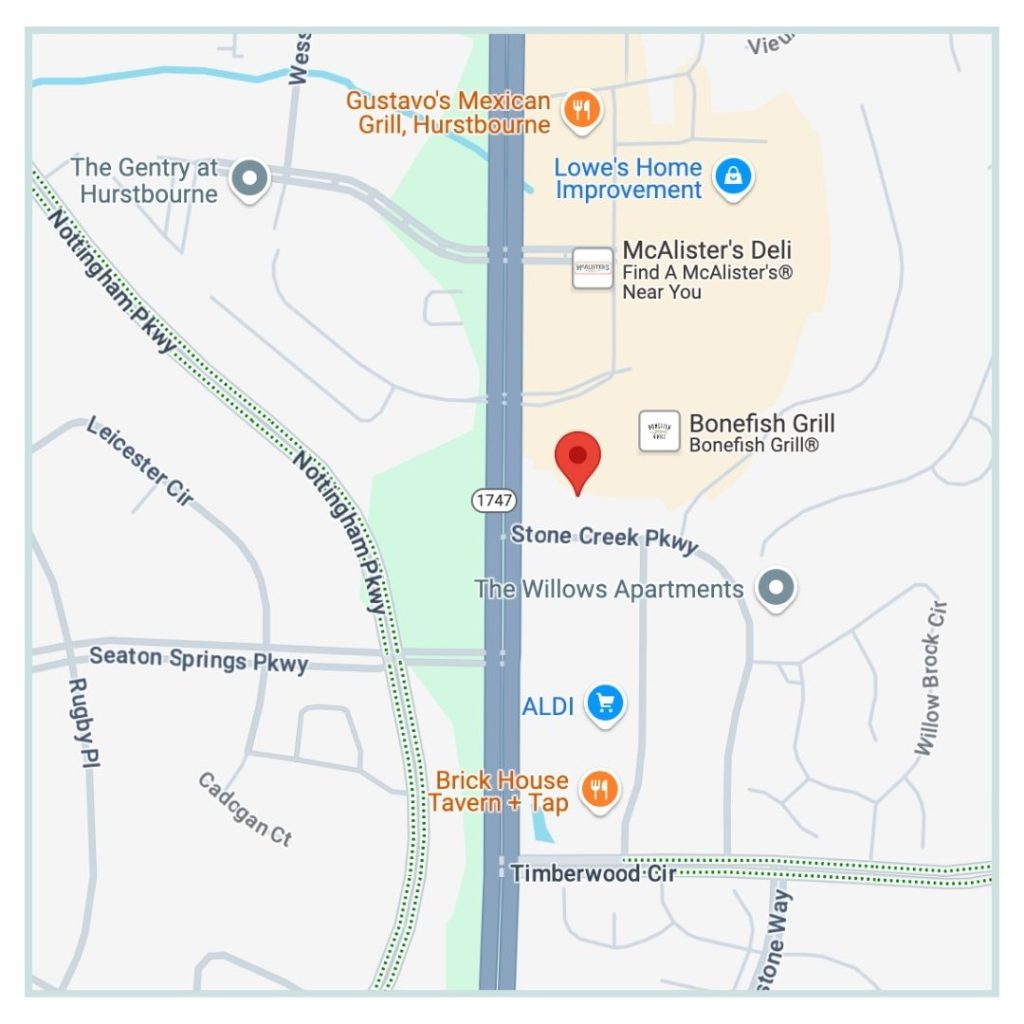Receiving a dementia diagnosis for an elderly parent can be emotionally devastating. You and your family will have a lot of choices to make during this very difficult time, including who will make certain decisions for your parent.
The process can feel confusing and overwhelming, especially if you are going through it while trying to work through your grief and stress over the diagnosis. Before making any decisions, sit down with your parent and listen carefully to what they would like to happen.
What is a power of attorney?
A power of attorney is one of the main documents you should consider having drafted after the diagnosis. This allows you or someone else to make decisions for your parent. These can be financial decisions, medical decisions or both.
The person making these decisions is called an agent. An agent should be someone you and your family trust to make decisions that are in your parent’s best interests.
You can designate one person to be an agent or split the duties between two or more people. For example, you and a sibling may both be agents and share responsibilities.
Power of attorney during stages of dementia
If your parent is in the early stages of dementia, they should still be able to sign their own power of attorney. They will need to demonstrate that they are capable of understanding what the document is and what signing it means.
The situation becomes more complex if your parent has mid- to late-stage dementia. You may need to go to court and have someone appointed as a guardian or conservator for your parent to have a power of attorney approved.
Having guidance is important
It is best for elderly Kentucky residents to have a power of attorney drafted before receiving a diagnosis such as dementia. However, the reality is that this does not always happen.
Whether you are looking to have a power of attorney drafted before or after a dementia diagnosis, an attorney experienced in elder law and estate planning can provide advice and help you with drafting documents tailored to your situation.



